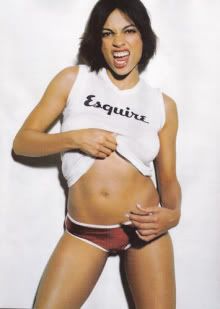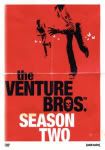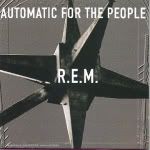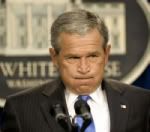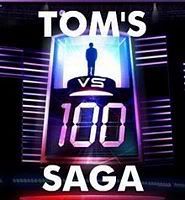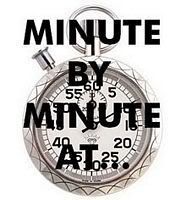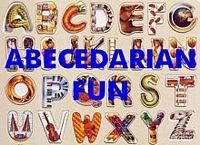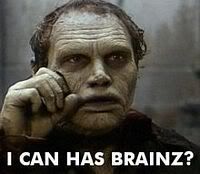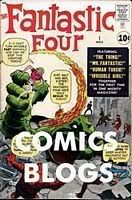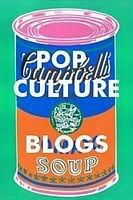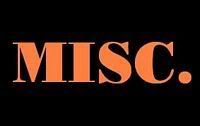MOVIES: Caché
The French suspense film Caché opens with a motionless, long-distance shot of a non-descript home, and holds there for several long minutes, silently observing traffic on the street and, eventually, a woman and then a man exiting the house. At length it is revealed that we're watching a videotape that has been left on the doorstep of this couple's home. They're being watched. By whom, for what reason, they have no idea.
The videos keep coming, and the couple's fear and paranoia builds. They're being terrorized, but the motives of this fear campaign are unknown. The husband has suspicions, tied back to his guilt over a childhood incident, but his number one suspect seems unlikely to be behind it all. As the guilt and suspicion eat at him, it begins to drive a wedge between him and his wife, whom he can't bring himself to trust with his secret, and who in turn loses her trust in him. Meanwhile, the couple's son has his own suspicions about his mother. In English, Caché means hidden; in the film, everything is hidden -- the culprit behind the videotapes, secrets, motives, feelings, lies.
The direction of the film is highly unusual. The camera is almost always stationary -- when it moves, it's almost startling. It's often unclear whether the couple is being spied upon by their tormentor; often it seems that we, the audience, are meant to be implicated in the spying. The long, static shots are often mesmerizing, riveting in their intense, unwavering focus. They can also be slightly tedious, lulling the viewer into a feeling of complacency, even security -- until one sudden, completely unexpected, shockingly brutal act of violence jars you to the core.
I don't want to reveal very much about the couple, the videotapes, the childhood incident, the suspect. The mystery unfolds slowly, bit by bit, and not every piece of the puzzle is guaranteed to be reliable. The husband has a couple of dream flashbacks, but whether they recall truth, or the truth as he wants others to see it, or the truth as he's convinced himself to believe after all these years -- he can't be sure, and neither can we. There may be answers to be found in this film, but they're answers that we have to define for ourselves. Nothing is certain; nothing is resolved in a neat little package, which is partly what makes this film such a fascinating experience.
Even the final shot only deepens the mystery. Like the opening, it is a long-distance, motionless, minutes-long shot. A crowd of people mills about in front of the camera. If you don't know what to look for, you might think this is yet another comment on the act of watching others. But if you look very carefully, you'll see two people meet, people who should have no reason to meet, which casts even more of a cloud over what has come before.
Caché rewards patience, and close attention. It's engaging, if somewhat frustrating, yet somehow richer for the frustration it engenders. I've never seen a film quite like it.

